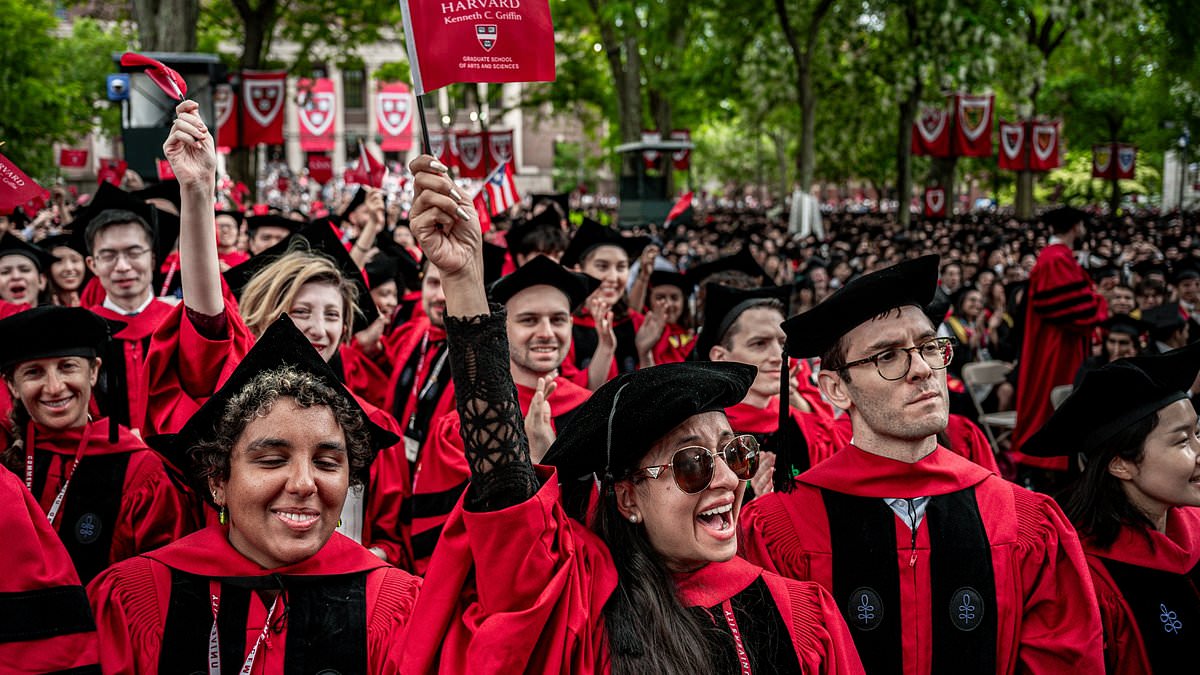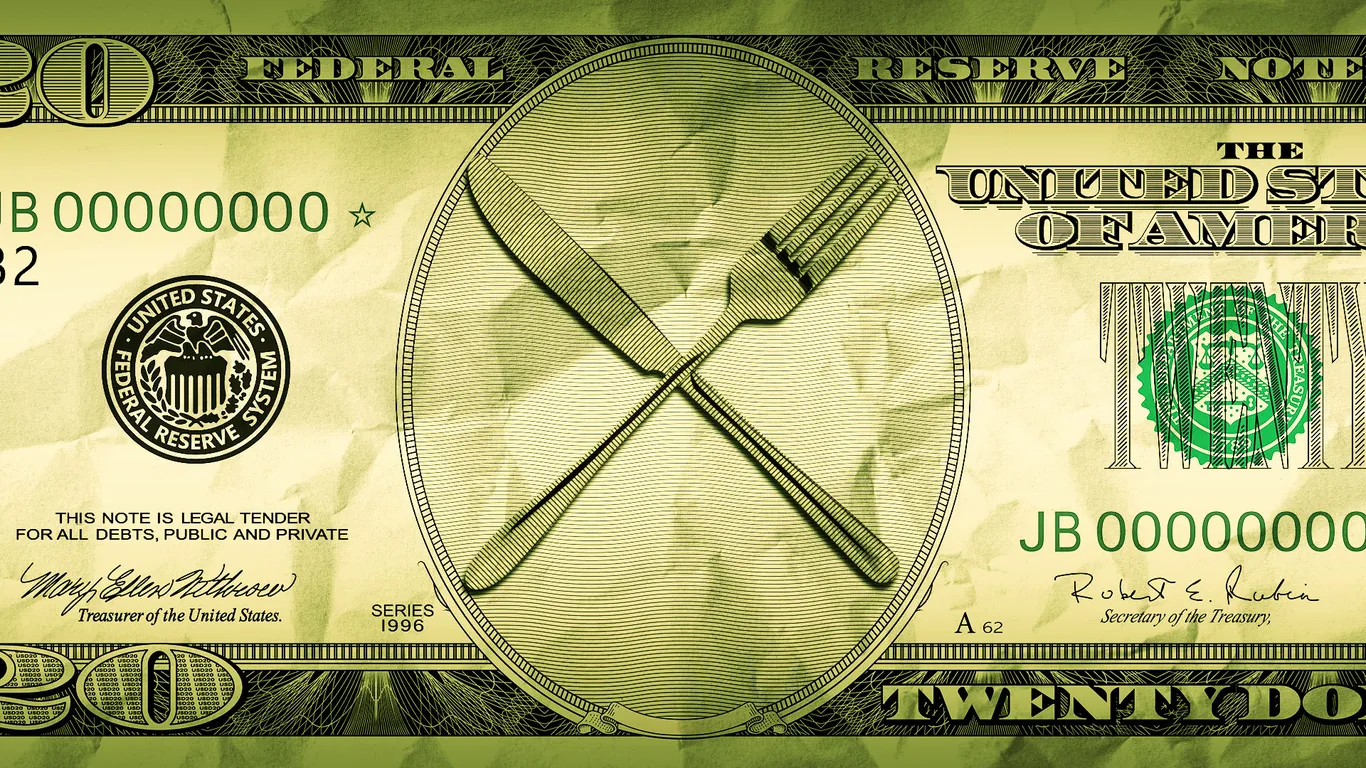Copyright dailymail

Harvard University bosses fear the elite college is giving out too many A grades. The average GPA for the class of 2025 was a whopping 3.83 - an 81 percent increase compared to the graduating class of 1914. More than 60 percent of grades awarded at the prestigious school to undergraduate students are As, an internal report by Dean of Undergraduate Education Amanda Claybaugh found. The 25-page document, which was sent to faculty and students on Monday, details how professors have become soft on grading and too accommodating to America's youngest and brightest scholars. 'Our grading is too compressed and too inflated, as nearly all faculty recognize; it is also too inconsistent, as students have observed,' the report read. 'More importantly, our grading no longer performs its primary functions and is undermining our academic mission.' The number of As awarded to students is up from 40 percent a decade. It was less than 25 percent two decades ago, the report found. In 1914, the average GPA was 2.4. By 1950, it was 2.55. In 1985, it was 3.17. Thirty years later, in 2015, it went up nearly half a point to 3.64. And is now currently sitting around 3.83, The Harvard Crimson, the school's student newspaper, found. Since the 2016-17 school year, the median grade has been an A. Several factors went into the lenient grading, including professors being told to take into consideration that some students might be experience imposture syndrome or having personal hardships. Now, one of the ways Harvard is potentially exploring to toughen up its curriculum is by offering only a set number of A+ available in each class. This would only award the best student the top grade. 'Permitting faculty to award a limited number of A+s in each course would increase the information our grades provide by distinguishing the very best students,' Claybaugh wrote. Harvard bosses are also exploring adding a median grade to students' transcripts. This comes after all faculty 'expressed serious concern' about the school's grading. 'They perceive there to be a misalignment between the grades awarded and the quality of student work,' Claybaugh wrote. However, Harvard bosses did not find that students were spending less time on their academics than previous generations. 'Workload is notoriously difficult to measure, but our data suggest that students are working as hard as they ever have - if not more,' the study said. The average time spent on homework was 5.5 to 6.5 hours. The average time students spent in the Spring 2025 semester was 6.46 hours, which is up 5.85 in 2015. However, the time spent on classwork differed based on the discipline. The humanities and interpretive social sciences had to 'trim some readings and drop others entirely' or switch from novels to short stories due to 'increasing student complaints.' 'A fair number of students in reading-intensive courses report doing lower than the average hours of work outside of class,' the report said. The report also found that some professors were pitying their students, as they were aware not every young scholar who stepped foot into their classroom was as prepared as their peers sitting next to them. 'For the past decade or so, the College has been exhorting faculty to remember that some students arrive less prepared for college than others,' the report said. 'Unsure how best to support their students, many have simply become more lenient.' The report also suggested that some educators worry handing out low grades could hurt their job prospects and evaluations, which could have resulted in softer grading. But students aren't faultless, as the report accuses them of using 'increasingly litigious' techniques to pressure their professors into raising their grades. Currently, in order to graduate summa cum laude, a student needs a 3.989 GPA, which is higher than in previous years. However, the number of first-year students with 4.0s dropped 12 percent. Claybaugh also acknowledged that generative AI could be playing a role in students' success and encouraged professors to proctor in-person exams. 'Seated exams are prudent in this age of Generative AI,' she wrote in the report. 'They are also useful for encouraging students to engage with all course materials, and they tend to produce a broader distribution of grades.' Claybaugh also acknowledged to students and faculty that the GPA doesn't 'always have to rise.' Scrutiny of the school has heightened in recent months since the Donald Trump Administration began an investigation into the school. The Ivy League school also sued the government after Trump issued a ban on enrollment of foreign students over the summer. The school has around 7,000 international students enrolled at the institution. 'Without its international students, Harvard is not Harvard.' The punishment came after the Trump Administration accused the school of fostering antisemitism on its campus. The Daily Mail has contacted Harvard University for comment.



